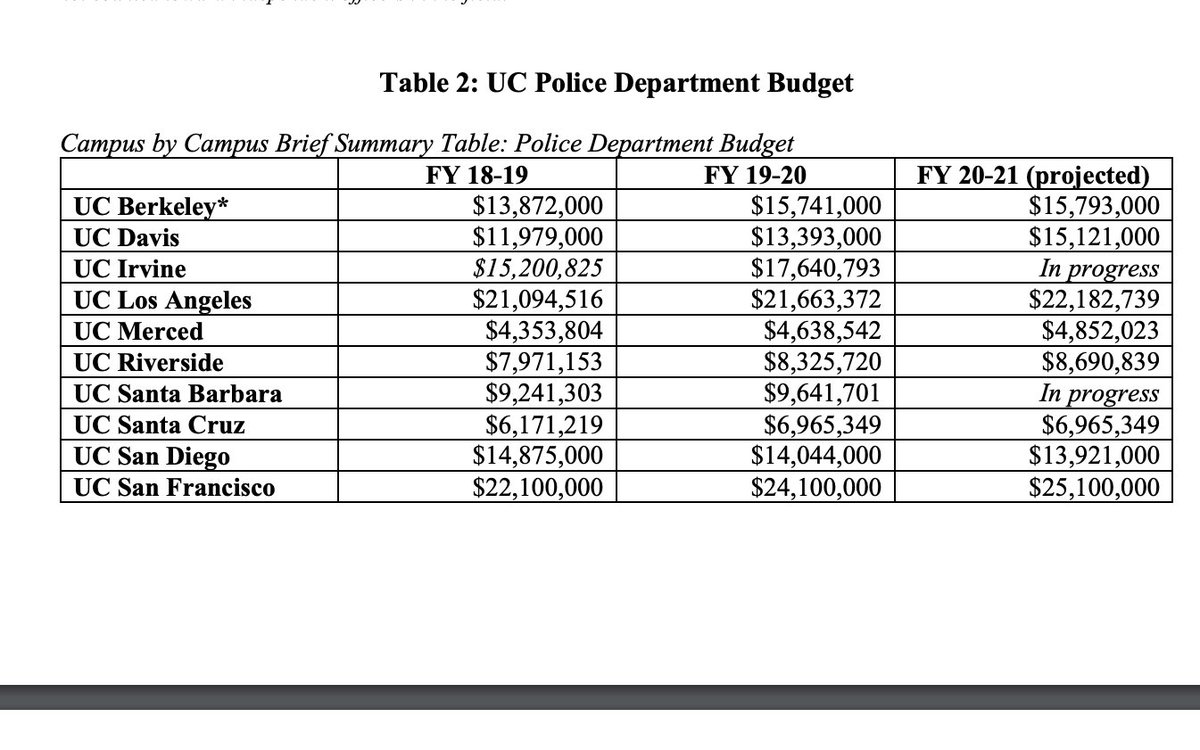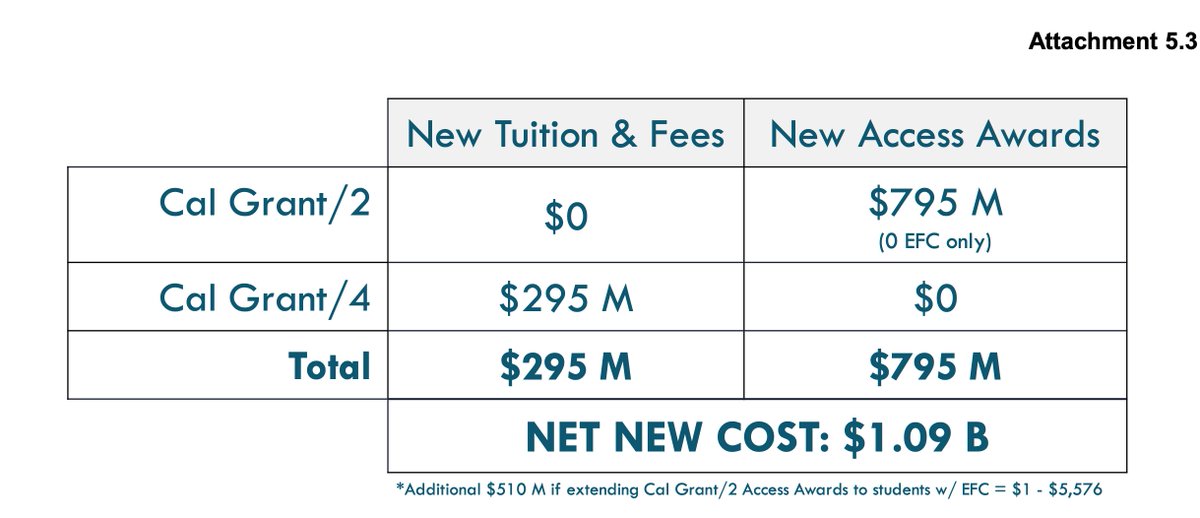
I'm tuning into this event with @AsmMarcBerman and the heads of the four segments of higher-ed in CA (CCC, CSU, UC and the nonprofit privates). Berman says more than 850 people signed up for this virtual meeting. a24.asmdc.org/event/20210113…
The focus is on the CA transfer process. Berman: "The transfer process is still unnecessarily complex, confusing and difficult for the vast majority of students to navigate."
Berman, citing research data: Only 19% of students with a goal of transferring do so after four years, and only 28% successfully transfer within six years.
Berman chairs the select committee on the CA master plan, the ur-text for how California's manages its higher-ed systems. It's now 60 years old, and needs an update.
A detail mentioned before but worth noting again: For the first time, persons of color are heading all the California systems of public higher education, "which reflects the great diversity of our state," Berman said.
.@EloyOakley: Citing last summer's racial reckoning and last week's U.S. Capitol insurrection, he says "democratizing higher education is critically important to the life of California" and the U.S.
CSU's @JosephICastro cites progress: From 400 to 17,000 -- the number of community college students entering the CSU in the past near-decade using ADT, the guaranteed transfer pathway that gives CCC students an associates and junior standing at a CSU.
Something to watch: @JosephICastro describes a tool in the works to help transfer students: "currently in development, the CSU transfer planner is an online platform that will help California community college students plan and track their progress toward transfer to" CSUs.
UC's @UCPrezDrake: While the UC is a selective system, many, "we admit three out of four California Community College Transfer applicants. We're proud of that." UC's ratio of freshman admits to transfer admits is roughly 2:1, but it varies by campus.
Mikhail, why'd you stop tweeting? Ah, well, my WiFi went out. Logging back in...
.@EloyOakley: "The biggest barrier to first generation students is not having access to information about how to transfer. We need to make it as transparent as possible." More advising, reaching HS and military students, better info systems are some of his asks.
Million-dollar question from @AsmMarcBerman to @UCPrezDrake: "I've heard from many students about the challenge and frustration regarding the different requirements to transfer to a UC versus a CSU campus. Is UC open to aligning transfer requirements with CSU?"
Drake's response I'm not sure answered Berman's question. He cited the different requirements for majors by campus as challenges. Early advising and better mentoring tech are going to help students currently, he said.
Some smart observations in the comments. One CSU professor writes that "community colleges are a space of lower division courses. Once we all think this way we can avoid biases and barriers that hinder transfers. Our CCs do a lot of the lower division work for" CSUs and UCs.
@UCPrezDrake sings @calstate's praises for increasing its graduation rates in a short amount of time. CSU's data on this: 

.@EloyOakley says the obvious: For all the work to make more community college students ready for the CSU and UC, lack of enrollment space at the universities hinders that progress. @AsmMarcBerman co-signed that view.
Subtle plug for private non-profits by @aiccucal's Kristen Soares: About half of CA's private nonprofit colleges have the ADT transfer agreement with community colleges. "Our goal is to enroll more transfer students, we have the capacity." Meanwhile, CSU and UC have space issues.
UC's @UCPrezDrake says brick and mortar space need not be a limitation: online education can handle the ever-growing desire of students to attend the UC.
And that wraps it. More than 600 folks watched the Zoom gathering and 450 watched through the end, @AsmMarcBerman said. The video was recorded and will be posted to his select committee's page, he said: a24.asmdc.org/camasterplan
@threadreaderapp unroll
• • •
Missing some Tweet in this thread? You can try to
force a refresh





